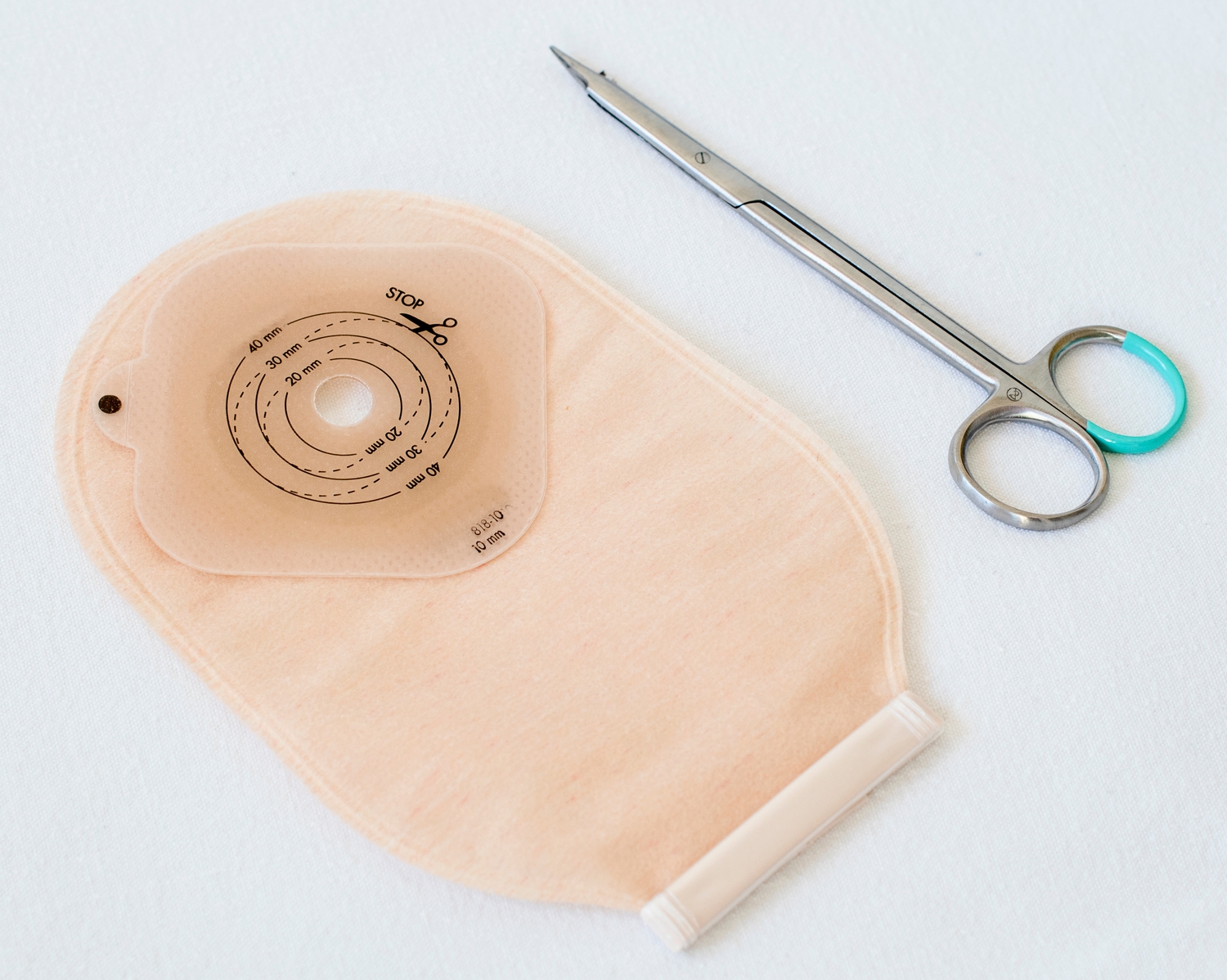How to Find the Right Primary Care Doctor for Your Health
Discover how to select the best primary care physician by evaluating experience, certifications, services, and accessibility. This guide helps you find a doctor aligned with your health needs, ensuring reliable and comprehensive care nearby. Consider factors like location, communication, expertise, and technology to make an informed choice that promotes your overall well-being.

How to Find the Right Primary Care Doctor for Your Health
Choosing a primary care physician is essential for maintaining overall health and addressing medical concerns effectively. These healthcare professionals specialize in diagnosing, treating, and preventing illnesses. To find a suitable doctor nearby, explore local healthcare directories or online platforms. Key factors to consider include the doctor’s experience, certifications, and services offered, ensuring they meet your specific health needs. Personal preferences, location, and insurance compatibility also play vital roles in making the right choice.
1. Clarify Your Healthcare Needs
Understanding your health priorities is the first step. Ask yourself questions such as: Do I have a chronic condition requiring specialist attention? Are preventive services important? Which areas of my health need more focus? Reflecting on these queries helps in selecting a physician who aligns with your health goals.
Getting recommendations is a valuable step. Consult family and friends about their trusted doctors. When choosing among options, prioritize physicians who specialize in your health concerns, especially for ongoing or complex conditions. Contact local clinics or health centers to find physicians accepting new patients. Remember, preferences and comfort with the doctor are crucial besides recommendations.
2. Review Services Provided
Primary care providers offer diverse services. Consider choosing a doctor offering comprehensive care, including preventive, diagnostic, and treatment services. If home visits or telemedicine are priorities, ensure the provider offers these facilities, making healthcare more accessible and convenient for you.
3. Take Logistics into Account
Location is key, but don’t choose a doctor solely based on proximity. Evaluate their accessibility, appointment scheduling, and whether they are available during emergencies. A nearby clinic is beneficial, but reliability and ease of communication are equally important to ensure timely care.
4. Prioritize Experience and Expertise
Choose a physician with relevant experience, especially in treating specific health issues. For example, if managing a heart condition, select a doctor with cardiology expertise. Testimonials, employment history, and patient reviews can provide insights into their proficiency and specialization.
5. Confirm Certification and Credentials
Ensure your chosen doctor holds valid licenses, board certifications, and has undergone extensive training. These credentials affirm their qualifications and expertise in their field. Verifying certification documents provides confidence in their ability to deliver quality healthcare.
6. Evaluate Availability and Accessibility
Availability is crucial, especially during emergencies. Inquire if your doctor offers after-hours services, weekend appointments, and can be reached during holidays. Knowing who to contact when your doctor is unavailable is vital for uninterrupted healthcare.
7. Ensure Good Communication
Effective communication is fundamental. Verify that you and your doctor understand each other well, including the language used. Many providers now offer virtual consultations, so ensure technology compatibility and clear communication channels.
8. Check Resources and Technology
A competent physician should have access to the latest medical technology and a dedicated support team. Modern diagnostic tools improve accuracy and early detection. Confirm if the clinic is equipped with up-to-date equipment and connected to reputable hospitals for referrals, ensuring comprehensive care.










